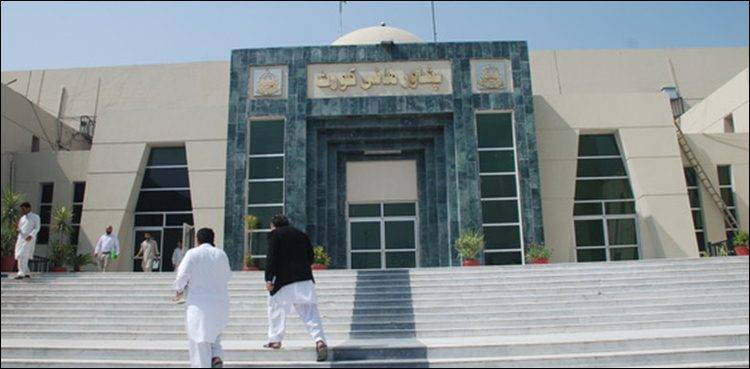By Staff Reporter
ISLAMABAD: The Peshawar High Court on Thursday upheld the Election Commission of Pakistan’s (ECP) decision to reject the Sunni Ittehad Council’s (SIC) claim to reserved seats for women and minorities in the Parliament.
The SIC, supported by former prime minister Imran Khan’s Pakistan Tahreek-e-Insaf party-backed independents, had challenged the ECP’s verdict, which was based on what the commission described as “non curable legal defects” and the failure to submit a mandatory party list for reserved seats.
The High Court’s dismissal of the petition solidifies the ECP’s authority in electoral matters and underscores the legal intricacies surrounding the allocation of reserved seats.
The SIC’s petition, spearheaded by its chairman, Sahibzada Muhammad Hamid Raza, sought directives for the ECP to allocate reserved seats proportionate to the council’s representation in the national and provincial assemblies.
However, the ECP’s decision to distribute these seats among other parliamentary parties, notably the PML-N and the PPP, stands affirmed, despite PTI’s denouncement of the verdict as unconstitutional.
Earlier this month, a two-member bench of the PHC had temporarily barred the oath-taking of lawmakers designated for the reserved seats, posing six critical questions to the ECP. A subsequent extension by a five-member larger bench maintained the bar until March 13.
The case saw arguments from Attorney-General for Pakistan Mansoor Usman Awan and representatives for the PPP and ECP, with the AGP asserting that only parties winning general seats are eligible for reserved seats, a stance supported by the ECP’s counsel.
PTI’s Ali Zafar’s presentation to the court highlighted the SIC’s bolstered ranks with independents from various assemblies joining the council. He argued for the SIC’s entitlement to reserved seats under the Elections Act, expressing disappointment over the ECP’s failure to allocate the expected 78 seats.
The court’s inquiry into the scope of the case and Zafar’s subsequent clarification set the stage for a debate on the jurisdiction of the PHC over National Assembly seats and the definition of a political party.
Zafar’s contention that election boycotts fall within the electoral process sparked further discussion on the essence of political party status in the absence of contesting elections.
During the proceedings, Zafar emphasized the constitutional rights of political parties, arguing that the SIC’s status as a political entity should not be undermined by its lack of participation in the general elections.
Khan’s PTI party couldn’t contest the election under its traditional electoral symbol, a cricket bat, which was denied after the party failed to conduct an intra-party election according the law and rules, a prerequisite for any party to take part in polls. The PTI subsequently struck an alliance with SIC in a bid to secure reserved seats.
The Election Commission and Peshawar court decisions will bolster the parliamentary strength of the fragile coalition that has taken oath office, led by Prime Minister Shehbaz Sharif’s Pakistan Muslim League-Nawaz (PML-N), with support from the Pakistan People’s Party (PPP).
Under Pakistan’s election rules, parties are allocated 70 reserved seats — 60 for women, 10 for non-Muslims — in proportion to the number of seats they win. This completes the National Assembly’s total strength of 336 seats.
Copyright © 2021 Independent Pakistan | All rights reserved




